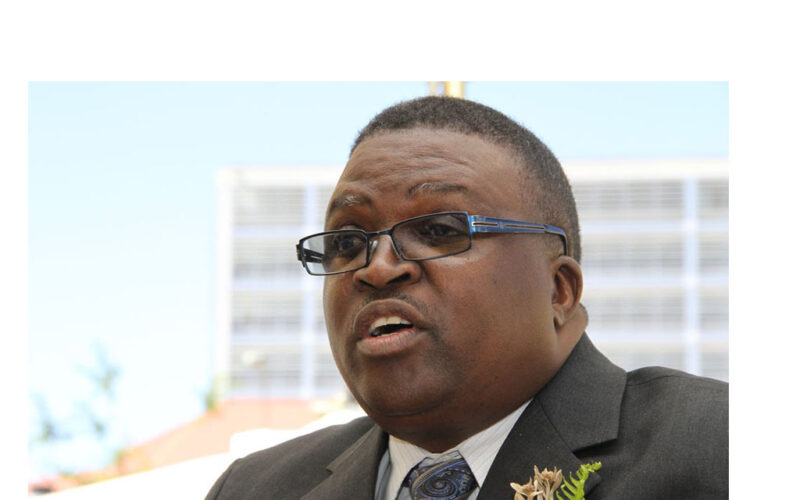Hertta-Maria Amutenja
The Trust Fund for Regional Development and Equity Provision has not met its ambitious 100 percent target for delivering basic sanitation and municipal services in the towns of Helao Nafidi and Divindu.
This was highlighted in Auditor General Junias Kandjeke’s report for the financial years ending March 31, 2021, and 2022, which was presented to Parliament last month.
Overseen by the Ministry of Urban and Rural Development, the Trust Fund offers financial support to local authority councils to implement development initiatives.
Kandjeke noted that the shortfall emerged from a procurement procedure that began but was subsequently cancelled.
“The fund had set a goal to fully establish a sewer, road, and electricity network for the Divundu program and to achieve a complete sewer connection in all of Helao Nafidi’s residences. However, this goal was not realized. It is crucial for the fund to expedite the home construction process to meet the benchmarks set in their yearly plan,” he said.
Kandjeke emphasized that these uncompleted projects hampered the fund from reaching its strategic objectives and annual milestones as laid out in its plans.
In 2021, the Trust Fund designated N$8 million to the Divundu Village Council for delivering crucial services to its inhabitants. Divundu Village Council’s Chief Executive Officer, Athanasius Maghumbo, pointed out that of this, N$2 million was allocated for the construction of build-together houses, with the remainder intended for service offerings.
Moreover, during this period, the fund only managed to finalize 37 homes out of a projected 88 under the Build Together Program, amounting to a 42 percent completion rate.
Additionally, out of a goal to construct 126 new residences under the Decentralized Build Together Program, just 70 were completed, which is 55 percent of the set target.
“The fund clarified that it could not meet the annual 100 percent target as outlined in its yearly plan. This was largely due to delays by the funded councils in submitting bills of quantities in a timely manner. This lag affected the timely transfer of funds, which in turn stalled the acquisition of construction materials and the project’s commencement,” Kandjeke added.




